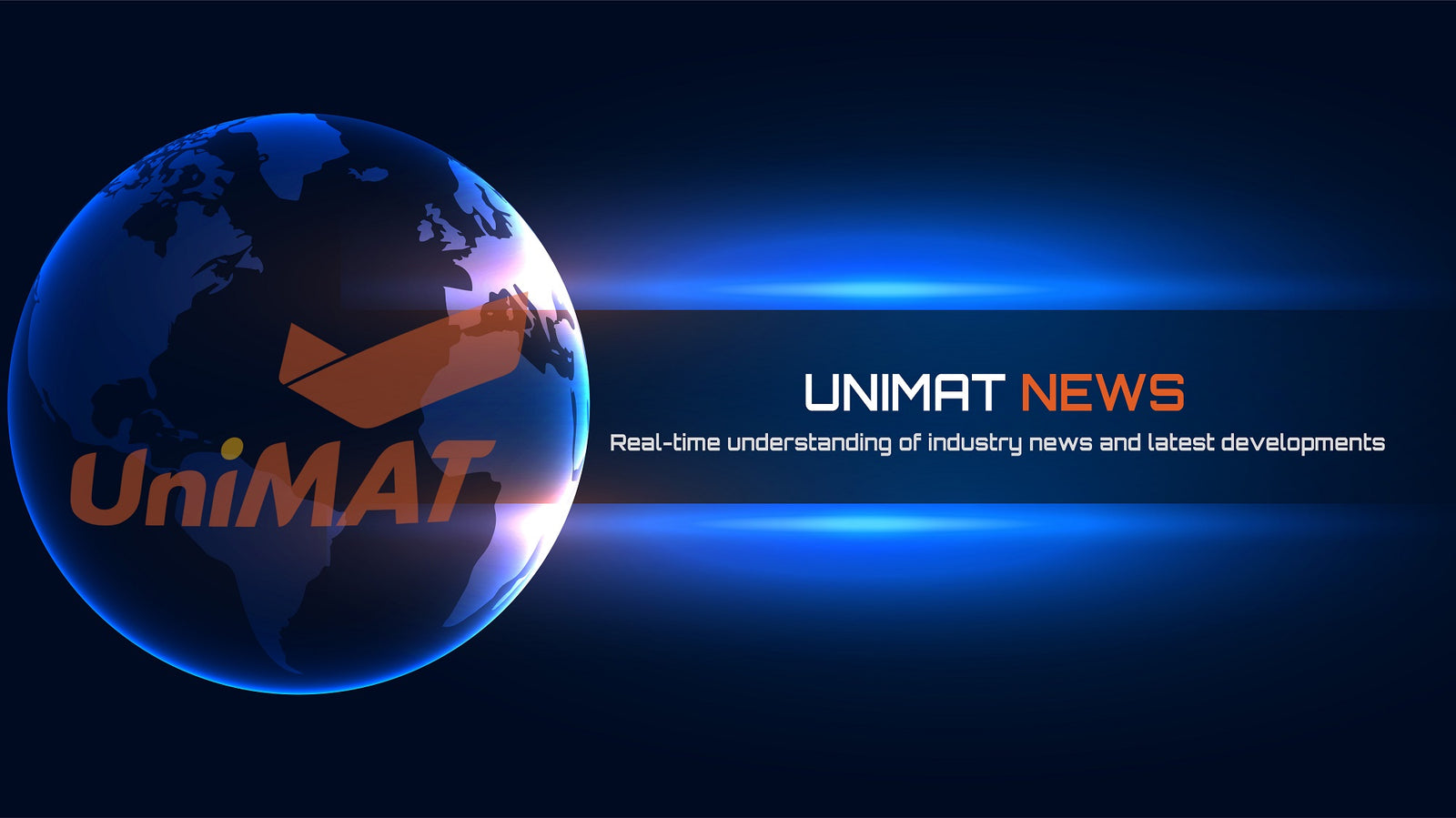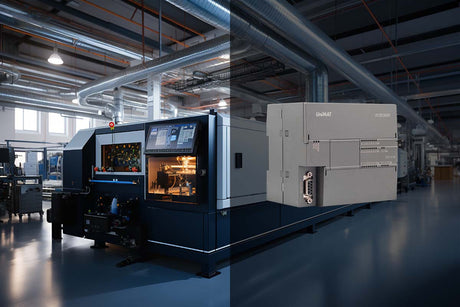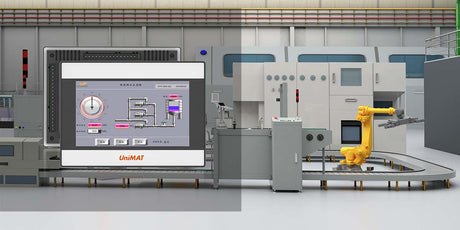PLC (Programmable Logic Controller) is an integral part of modern industrial automation systems. It is widely used in the water treatment industry to improve the efficiency and accuracy of control systems. This article will discuss the role of PLC in the water treatment industry and provide some solutions to common problems faced in this field.
PLC in Water Treatment Industry:
In the water treatment industry, PLCs are used to control the operation of various equipment and processes such as pumping, chemical dosing, filtration, and disinfection. PLCs can accurately monitor and control these processes, ensuring that the water quality meets the desired standards. PLCs can also be integrated with other systems such as SCADA (Supervisory Control and Data Acquisition) to provide a comprehensive monitoring and control system.
Common Problems in Water Treatment Industry:
In the water treatment industry, there are some common problems that can be solved by using PLCs. These include:
1、Inefficient process control
2、Inaccurate measurement and monitoring
3、Lack of data management and analysis
4、Poor communication between equipment and systems
PLC Solutions:
1、Inefficient process control:
PLCs can be programmed to automatically adjust the process parameters such as flow rate, pressure, and chemical dosing based on the water quality and demand. This ensures that the process operates efficiently, reducing energy consumption and operating costs.
2、Inaccurate measurement and monitoring:
PLCs can accurately measure and monitor the process parameters such as pH, turbidity, and conductivity, ensuring that the water quality meets the desired standards. PLCs can also be programmed to raise an alarm if the parameters go beyond the desired range.
3、Lack of data management and analysis:
PLCs can store and analyze process data, providing insights into the performance of the water treatment process. This helps in identifying areas of improvement and optimizing the process.
4、Poor communication between equipment and systems:
PLCs can be integrated with other systems such as SCADA, providing a comprehensive monitoring and control system. This improves communication between equipment and systems, reducing errors and improving overall efficiency.
Conclusion:
PLCs are an essential component of modern industrial automation systems, and their use in the water treatment industry has significantly improved the efficiency and accuracy of control systems. By using PLCs, the water treatment industry can ensure that the water quality meets the desired standards, reduce operating costs, and improve overall efficiency.
As mentioned earlier, PLCs are an essential part of water treatment systems, as they provide control and automation for critical processes. However, not all PLCs are created equal. That's where UniMAT PLC comes in.
UniMAT PLC offers several advantages over other PLC products on the market. Firstly, our products are designed with cost-effectiveness in mind, ensuring that you get the best value for your investment. Secondly, UniMAT PLCs provide superior performance, with faster processing times and higher accuracy compared to other PLCs. Finally, we pride ourselves on providing personalized solutions that meet the specific needs of our customers, offering customized software and hardware to ensure optimal performance and efficiency.
With UniMAT PLC, you can be assured of a reliable and efficient control system that is tailored to your unique water treatment requirements. Whether you're looking for a new system or an upgrade, our team of experts is always available to help you find the right solution for your needs. Contact us today to learn more about UniMAT PLC and how we can help improve your water treatment processes.









